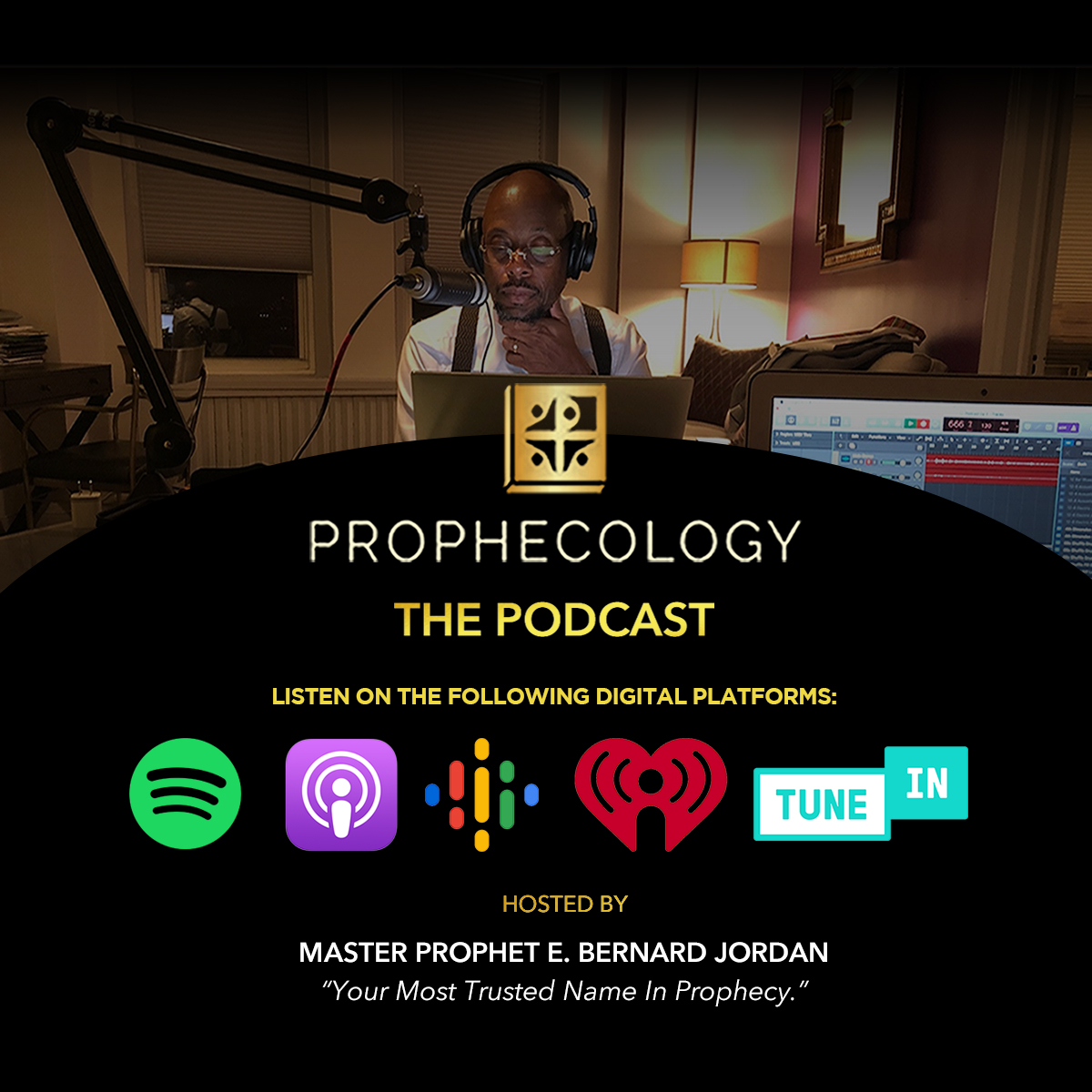NEGATIVE MONEY MINDSET
December 13, 2021 2023-04-05 19:13NEGATIVE MONEY MINDSET
NEGATIVE MONEY MINDSET
NEGATIVE MONEY MINDSET
Negative money mindsets can be shaped during childhood. Financial dishonesty occurs when a person remains unwilling to be open about their source of income, especially to people closest to them, such as their spouse. When a person has a painful childhood background, they may end up responding to such disorders. If a person watches a parent overspending, they may develop a nature of “hiding” some of their savings so their spouse may not misuse the hard-acquired wealth. At times, the person reacts unpleasantly to risky money behaviors or poor financial decisions. In the future, they may keep some things from their spouses to ensure security.
The Past Affects Your Present Money Behaviors
In coping with trauma, a person may develop unwanted habits, for instance, hoarding. Excessive lack in childhood may make you grow into a person who hoards for fear of scarcity. The person feels emotionally secure when they have things in the home. In extreme cases, one may make risky financial decisions, especially if they point to a future with more money to spend. Consider the fictional story of Jack and the Beanstalk. Jack used their fortune to purchase magic beans, which represented a wealthy future. He never considered their immediate value to his family.
In his book, Cashflow Quadrant, Robert Kiyosaki describes his wealthy father’s lesson about dealing with financial stress while comparing himself with the poor dad. “When the fear of losing money and failing becomes too painful inside, a fear we both have, he chooses to seek security, and I choose to seek freedom.” These two different reactions may be rooted in the various historical backgrounds that both fathers came from. When a person chooses security, they may develop disorders such as underspending. Here, the price tag of an item carries more importance than the value the item has. Most people opt for cheaper options, which may end up becoming costly in the long run.
During childhood, specific incidences may shape future habits. A child that grows up being ridiculed because of their family’s financial status may grow up with certain beliefs about wealth that can affect their practices. For instance, one becomes fearful of their children going through the same ordeal and can decide to earn money through any means necessary. Risky financial behavior, such as excessive gambling, may develop due to their desire to be wealthy. The idea of quick cash and ultimate wealth appeals such that people can ignore rational money decisions.
Check out: MONEY DISORDERS LEARNED FROM PARENTS
Your weekly dose of prophetic wisdom and anointing awaits you. Join our LIVE Conference Call!
1) Call 515-604-9266
2) Go to startmeeting.com, and use the login: BishopJordan







